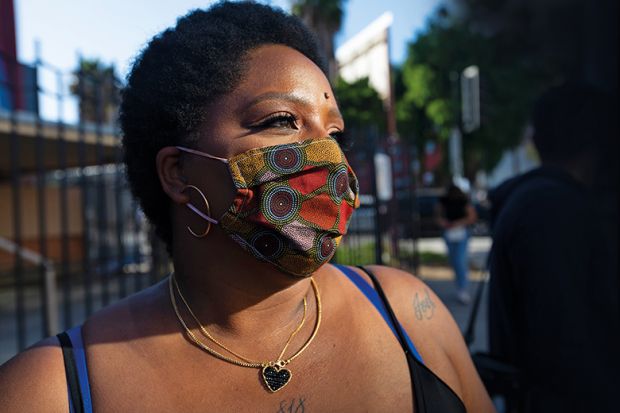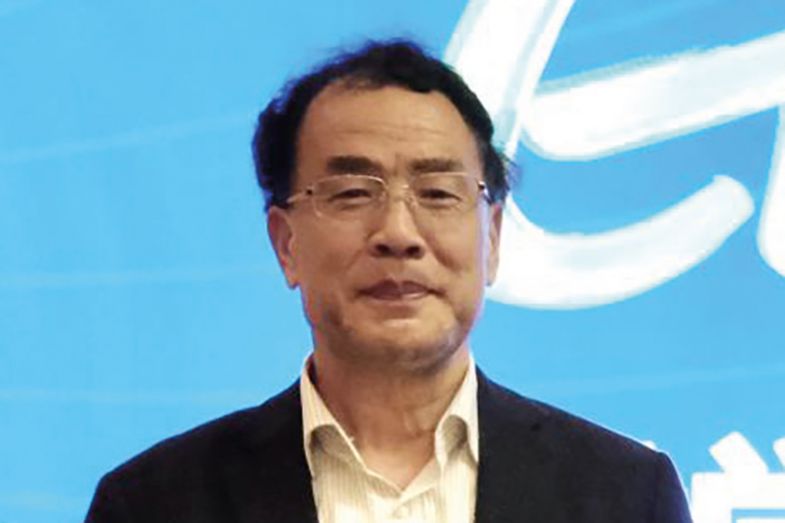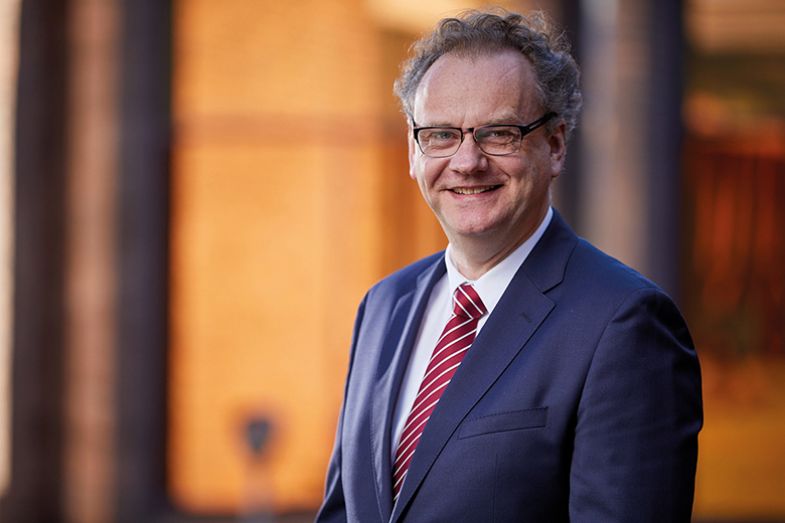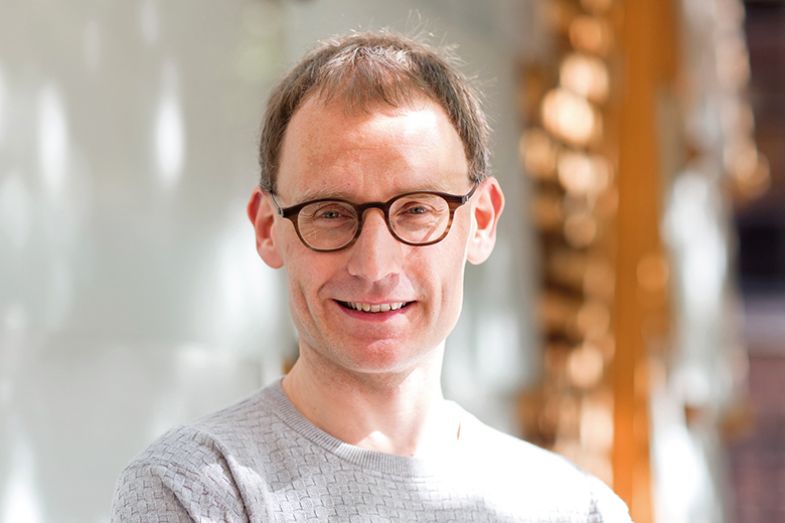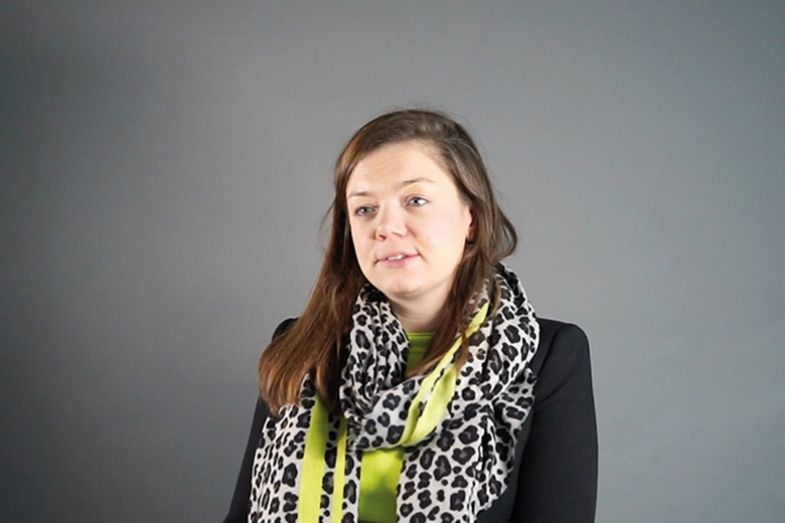Patrisse Cullors
When the Black Lives Matter movement re-emerged and gained international attention this year following the brutal death of George Floyd during his arrest by police in Minneapolis, it prompted a great reckoning within the global higher education sector. Universities across the world pledged to do more to tackle racism and racial harassment on their campuses, to improve diversity among staff and students and to ensure that black stories are told through decolonised curricula.
Central to that breakthrough was Patrisse Cullors, an academic at Otis College of Art and Design in California and Prescott College in Arizona, who co-founded the Black Lives Matter movement in 2013 with Alicia Garza and Opal Tometi after sparking the viral Twitter hashtag.
What made this year’s protests even more powerful was that they took place during the lockdowns of the Covid-19 pandemic, which compelled people to stay at home.
“Folks risked their lives by protesting, marching in the street,” Ms Cullors told the Financial Times earlier this month. “They understood that fighting for the longevity of black lives, and challenging police terror and violence, was utterly important.”
Ellie Bothwell
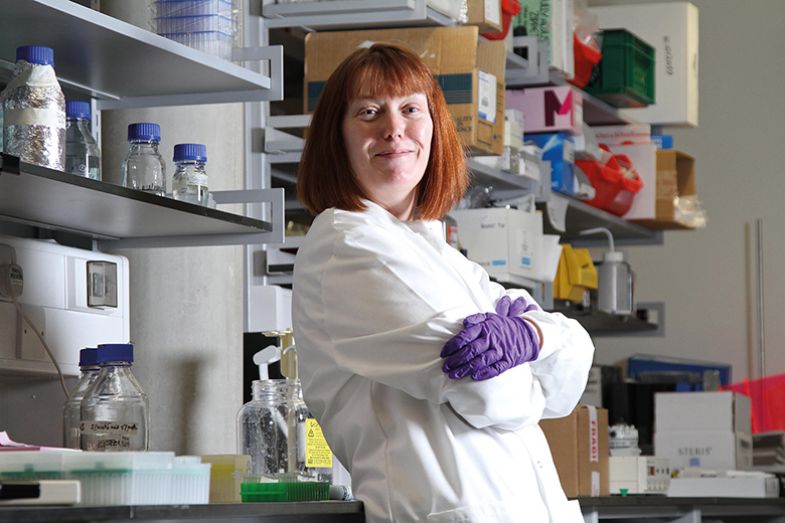 Source: Shutterstock
Source: Shutterstock

Sarah Gilbert
Time will tell which vaccines have the most potency in finally suppressing the Covid-19 pandemic, but one jab that could prove invaluable because of its lower cost and global potential is the one developed by scientists at the University of Oxford.
Among those heading its development has been Sarah Gilbert, a researcher seemingly trained for this moment through years of working on a new breed of vaccines that combine harmless viruses with elements of more dangerous pathogens.
Professor Gilbert was already involved with trials in Saudi Arabia for a vaccine to prevent Middle East respiratory syndrome (Mers), which is caused by a coronavirus, when Sars-CoV-2 emerged, immediately making her technique a promising candidate for a Covid vaccine.
Her and the Oxford Vaccine Group’s astonishing success in reaching stage three trial results for a Covid vaccine in a matter of months has proved to be a shining example of why academic research is such an essential force for tackling the challenges of the 21st century.
Simon Baker
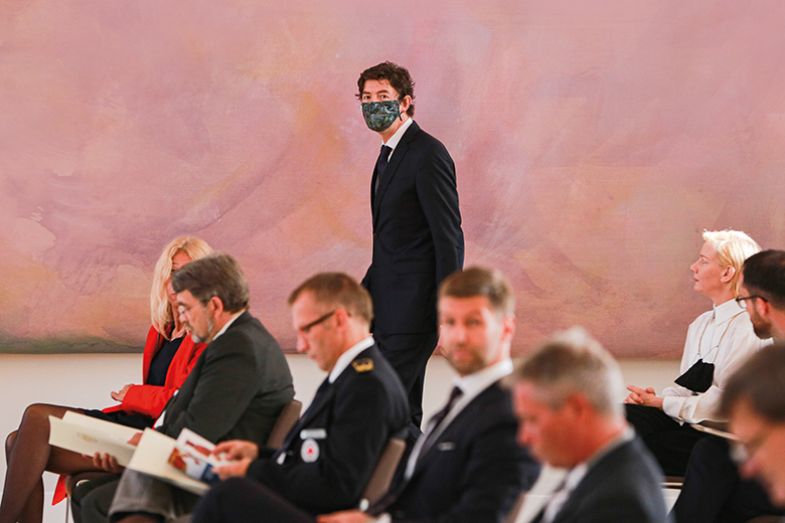 Source: Getty
Source: Getty

Christian Drosten
The pandemic has turned numerous previously unknown scientists into household names. But arguably the most successful science communicator of the entire crisis has been Christian Drosten, the virologist who in March suddenly became, in the words of one magazine, “the most important man in Germany”.
Professor Drosten, who helped to identify the 2003 Sars virus and now leads the Institute of Virology at Charité - Universitätsmedizin Berlin, was always likely to play a role in the fight against coronavirus. But as well as being an active researcher, he gained nationwide fame during the height of global panic in the spring for his daily podcast, Coronavirus-Update, in which he unflappably picked through a torrent of new and often contradictory evidence. The podcast has racked up tens of millions of downloads – he is the equivalent of Anthony Fauci with a radio show.
Although not without critics, who consider him too cautious about reopening, in October Professor Drosten was awarded Germany’s highest federal honour for providing clear and evidence-based explanations at a moment of maximum fear and confusion.
David Matthews
Zhang Yongzhen
Zhang Yongzhen, a researcher at the Fudan University-affiliated Shanghai Public Health Clinical Center, became a hero of early Covid-19 research when he publicly released data that allowed scientists around the world to develop tests for the deadly coronavirus.
On 3 January, Professor Zhang received a sample of a mysterious pneumonia from Wuhan. His team worked for two nights until they had mapped the genome for Sars-CoV-2. Noticing frightening similarities with the coronavirus that caused the 2003 Sars epidemic, he uploaded his work to GenBank, a US open access database, alerted the Chinese authorities, and flew to Wuhan himself.
A week later, Professor Zhang also posted his findings on an open data virology website, alerting scientists all over the world. This was considered a brave act in a country that was still drip-feeding information about the outbreak.
Pardis Sabeti, a Harvard University biologist, called this work on the genome a “saving grace”. The journal GigaScience wrote that “the availability of this data within weeks of the first identified Covid-19 patient undoubtedly saved many lives”.
Joyce Lau
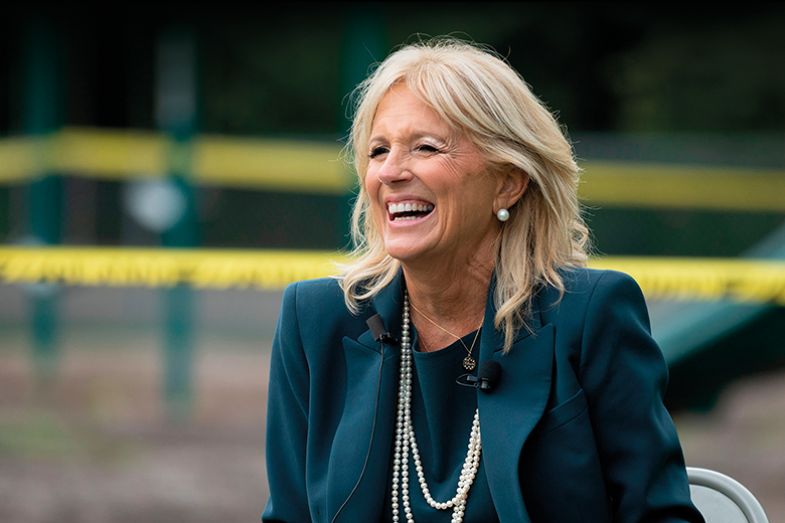 Source: Getty
Source: Getty

Jill Biden
Joe Biden is known as a political moderate, eager to find common ground. To the degree that the incoming US president applies that philosophy to his own household, US higher education could be in for a pretty good four years.
That’s because – as many Americans will be reminded regularly – his wife, Jill, is a long-time college teacher who finds plenty of common ground between her career and that of her politician husband.
US colleges and universities have huge challenges, including declining numbers of high school graduates, fast-rising tuition fee charges, a pandemic-driven recession, and lots of competing governmental priorities.
But Dr Biden played a central role in keeping higher education’s needs on the president-elect’s campaign agenda this past year. And with plans to resume her day job at Northern Virginia Community College, nobody will be closer to the next US president than the notoriously tough-grading English instructor over the next four years in the White House.
Paul Basken
Thomas Maschmeyer
When you’re struggling with a sudden calamity, you can lose sight of the enduring crisis that’s been around for years. But climate change will still be intensifying long after Covid-19 has become just another virus.
That is why academics such as Thomas Maschmeyer play such an important role. Amid a pandemic, the University of Sydney chemist has continued developing sophisticated yet beguilingly simple – and job-creating – alternatives to carbon-gushing energy generation and storage.
His “Endure” batteries – a reimagining of old zinc-bromine batteries – harness a gel that can be built into the walls of buildings. It’s particularly suited to storing solar power in remote, off-grid places. His earlier invention, the catalytic hydrothermal reactor, chemically refines plastic waste into oils, lubricants and feedstock for new plastics.
Accolades for Professor Maschmeyer have been flowing thick and fast. In October, he claimed the Prime Minister’s Prize for Innovation. In November, his university won the Australian Financial Review’s inaugural higher education sustainability award for supporting his work through, for example, prototype solar-power generating benches installed across campus.
John Ross
Neil Ferguson
If you get a tabloid nickname like “Professor Lockdown”, you are big news. In the year of Covid-19, few individuals were bigger news in the UK than Neil Ferguson, the Imperial College London mathematical epidemiologist who leads the university’s Covid-19 response team.
Modelling led by Professor Ferguson was influential in persuading the UK government that a lockdown was needed to stop the coronavirus overwhelming the NHS.
But Professor Ferguson became a lightning rod for intense political, media and public scrutiny of science during the pandemic. The Imperial team’s early prediction that coronavirus hospitalisations would run at a similar rate to those of influenza proved incorrect. And Professor Ferguson resigned from the government’s Scientific Advisory Group for Emergencies (Sage) after a newspaper exposed his breach of lockdown rules.
He told a recent Times Higher Education event that the UK government’s failure to lock down earlier was “clearly the biggest mistake” of the pandemic, while praising the scientific community for responding “remarkably” to Covid by jettisoning competition for collaboration.
John Morgan
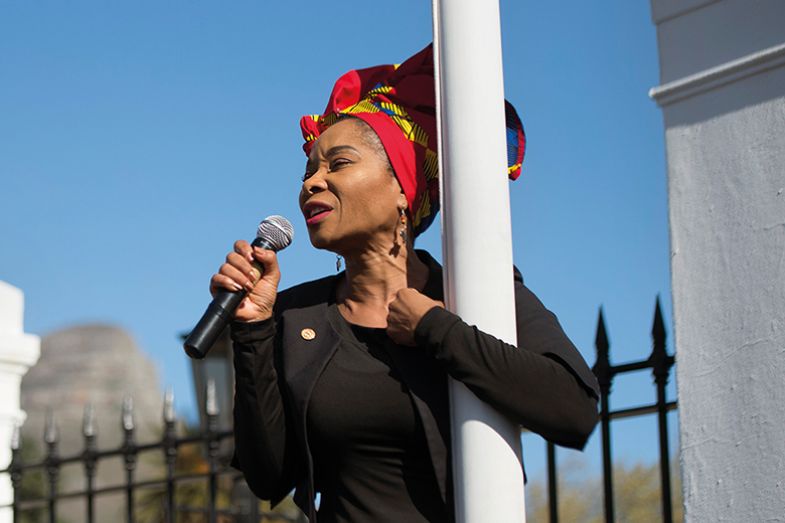
Mamokgethi Phakeng
There is no doubt that higher education will need strong, transformational leadership as the world recovers from the Covid-19 pandemic, and few people embody this more than Mamokgethi Phakeng.
Vice-chancellor of the University of Cape Town since 2018, she continued to speak out powerfully against inequality in South Africa and in academia globally over the past year, recently calling out the lack of compassionate leadership from men on the issue of gender-based violence.
Speaking at this year’s Times Higher Education World Academic Summit, Professor Phakeng said universities needed to show more “reflection and humility” around their own “complicity” in perpetuating racism and sexism, calling for the creation of more diverse leadership teams and an end to the exploitation of researchers from the Global South.
If universities are to transform into more equal institutions, they will need leaders like Professor Phakeng who are not afraid to speak uncomfortable truths and hold the sector to account.
Anna McKie
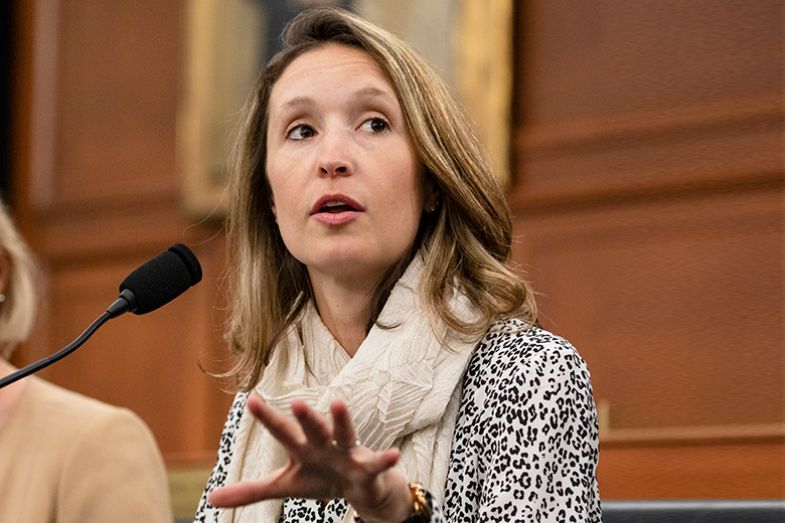 Source: Getty
Source: Getty

Lauren Gardner
In late January, Johns Hopkins University issued a press release explaining how a team at its Center for Systems Science and Engineering (CSSE) had developed an online data dashboard for tracking the spread of “the coronavirus outbreak that began in the Chinese city of Wuhan”.
Although the vast majority of reported cases were still in China, Lauren Gardner, CSSE’s co-director who built the dashboard with her graduate student Ensheng Dong, stressed the importance of the public having an understanding of the unfolding situation “with transparent data sources”.
Little did they know that they had built a resource that would track the most devastating pandemic for 100 years, clock up billions of page views, and be quoted daily in news reports the world over.
As with all research that has proved indispensable in the pandemic, the dashboard was no accident – it was built on years of work by Dr Gardner on tracking the spread of disease. But it will have a lasting legacy and has demonstrated the true power of science communication and open data.
Simon Baker
Clare Wenham
In the midst of lockdown, it was left to Clare Wenham, assistant professor of global health policy at the London School of Economics, and her adorable daughter, Scarlett, to inadvertently offer the succour needed by so many.
While Dr Wenham was being interviewed live on BBC News about access to testing data, her daughter appeared in the background waving a picture of a unicorn and asking for her mother’s opinion on where best to display it. Exhibiting superhuman patience and professionalism, Dr Wenham managed to deal with the situation with good humour and care, and Scarlett was soon happily getting on with her day while leaving her mum to finish the interview.
For the millions around the world attempting to juggle childcare with working from home, it was a moment that showed them it was OK to be struggling and also spoke to the reality that many women were being acutely affected.
Dene Mullen
POSTSCRIPT:
Print headline: People of 2020: the stars of a year like no other
Register to continue
Why register?
- Registration is free and only takes a moment
- Once registered, you can read 3 articles a month
- Sign up for our newsletter
Subscribe
Or subscribe for unlimited access to:
- Unlimited access to news, views, insights & reviews
- Digital editions
- Digital access to THE’s university and college rankings analysis
Already registered or a current subscriber? Login
